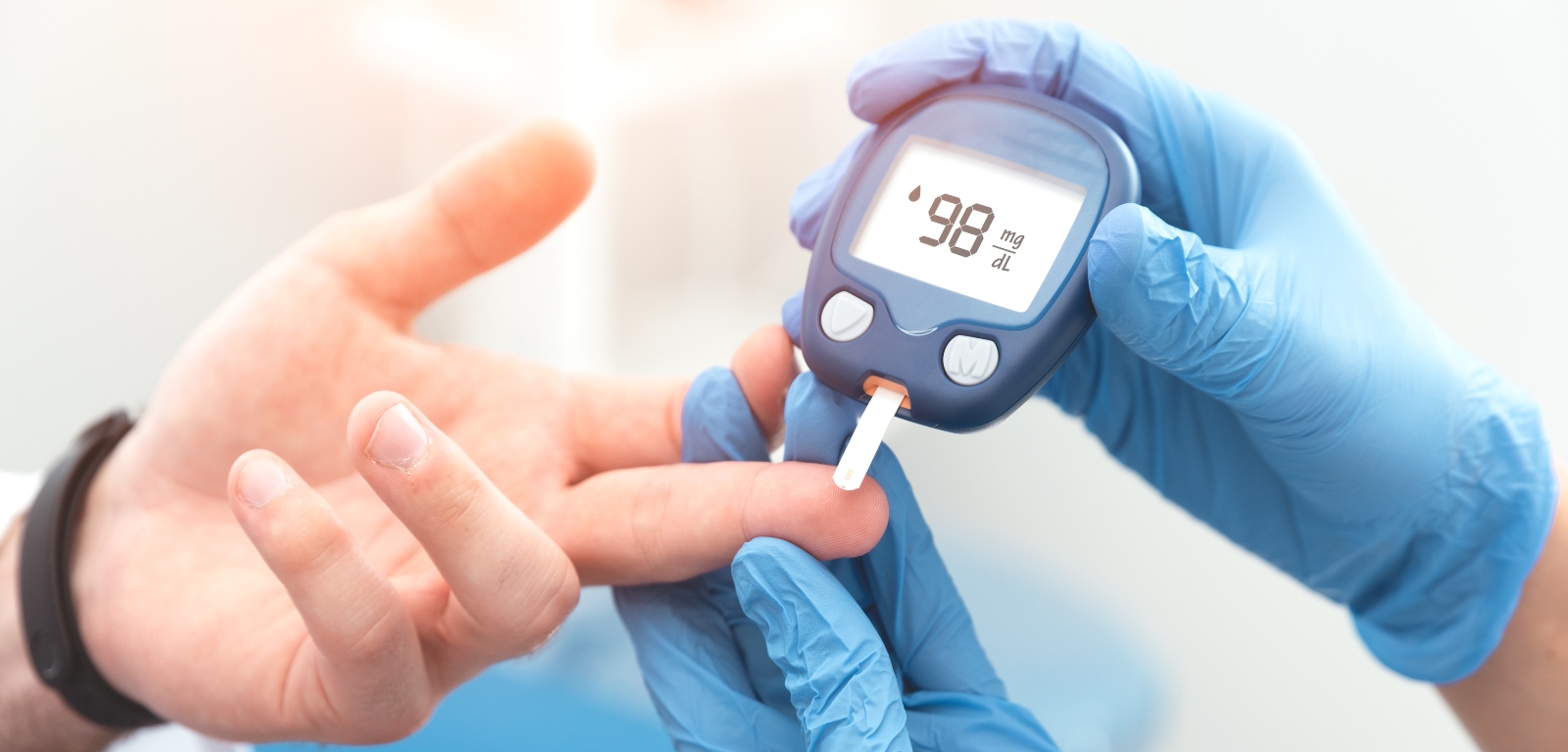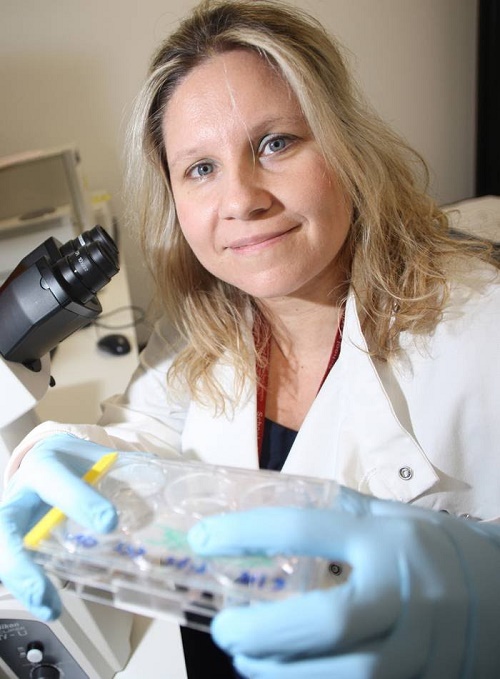Gene discovery has potential to prevent heart and circulatory complications in diabetes patients
A team of scientists at Queen’s University have discovered a gene that increases the risk of blood vessel damage in people with diabetes. Switching off this gene could help people with diabetes live longer, healthier lives.

People with diabetes can develop life changing health complications, which can lead to limb amputations, because of blood vessels being damaged due to the disease. Professor Andriana Margariti and her team from the Wellcome-Wolfson Institute for Experimental Medicine have discovered the cells in the damaged blood vessels were dysfunctional in diabetic patients and they then went on to cause cardiovascular conditions, such as heart disease.
The three-year £264,000 research study, funded by British Health Foundation Northern Ireland (BHF NI), discovered that blood vessel cells were dysfunctional because there was a high level of a protein gene, called QKI-7.

Professor Margariti explained: “We found that the level of this gene is very high in people with cardiovascular disease caused by diabetes. We discovered from blood vessels taken from the heart and amputated limbs of diabetic patients that the level of this protein gene is high.
“So we learned that the QKI-7 protein gene was a key factor in the malfunction of the blood vessels cells that, in turn, cause cardiovascular complications in people with diabetes.”
A quarter of people living with coronary heart disease in Northern Ireland also have diabetes, the latest figures show.
According to BHF NI around 74,000 people in Northern Ireland have coronary heart disease and around 19,000 of these people will also have diabetes.
Coronary heart disease is the leading cause of premature death in Northern Ireland and the single biggest killer worldwide, while adults with diabetes are up to three times more likely to develop heart and circulatory conditions.
Professor Margariti added: “Identifying this gene has the potential to stop the damage to the blood vessels that causes the cardiovascular diseases and amputations.
“It is a very important discovery. This will make a difference in the medical and scientific field.”
The team also discovered that knocking down (removing) protein gene QKI-7 in diabetic mice resulted in restored blood vessel function.
“The blood vessels were able to regenerate and therefore stopping damaging cardiovascular complications from happening. This also provided more evidence on how significant, protein gene QKI-7 is.”
Significantly, the results of the research study have been recently published in the highly regarded scientific journal Nature Communications.
Having discovered the gene that causes the malfunction in blood vessels the next step will be to develop a drug that will target QKI-7 to stop the heart and circulatory damage caused by diabetes from developing.
Professor Margariti continued: “This BHF funded study will allow the opportunity to propose novel medications to prevent the devastation of diabetic complications such as cardiovascular disease and it will significantly improve the quality of life in diabetic patients.
“The results will potentially help treat the cardiovascular complications of diabetes and screen patients earlier, which can be lifesaving and life changing for those people living with diabetes.”
Head of BHF NI Fearghal McKinney, said: “The results of this study by Professor Margariti and her team shows just how important funding research is. It delivers tangible results that have the potential to save and improve the lives of people living with diabetes.
“Unfortunately, coronavirus has a long-lasting and devastating impact on charities like ours, with the BHF’s funding for new research falling by a shocking £50m this year alone. That's why, not only do we need urgent help from our loyal supporters, we’re also urging the UK Government to ensure funding for vital research charities like ours.
“For us, it will mean we can protect the progress that world class researchers like Prof Margariti are making and continue to transform the lives of those with heart and circulatory diseases. It’s ultimately patients who will suffer if this doesn’t happen.”
